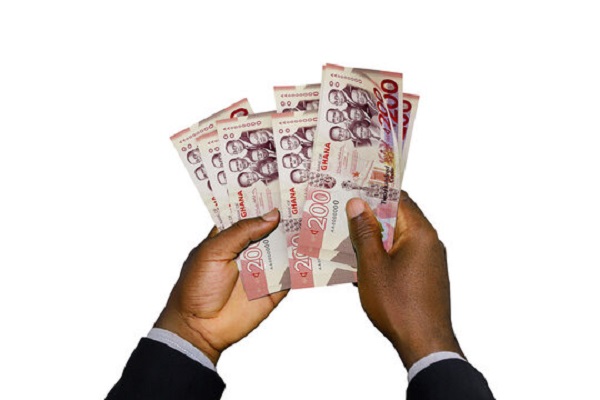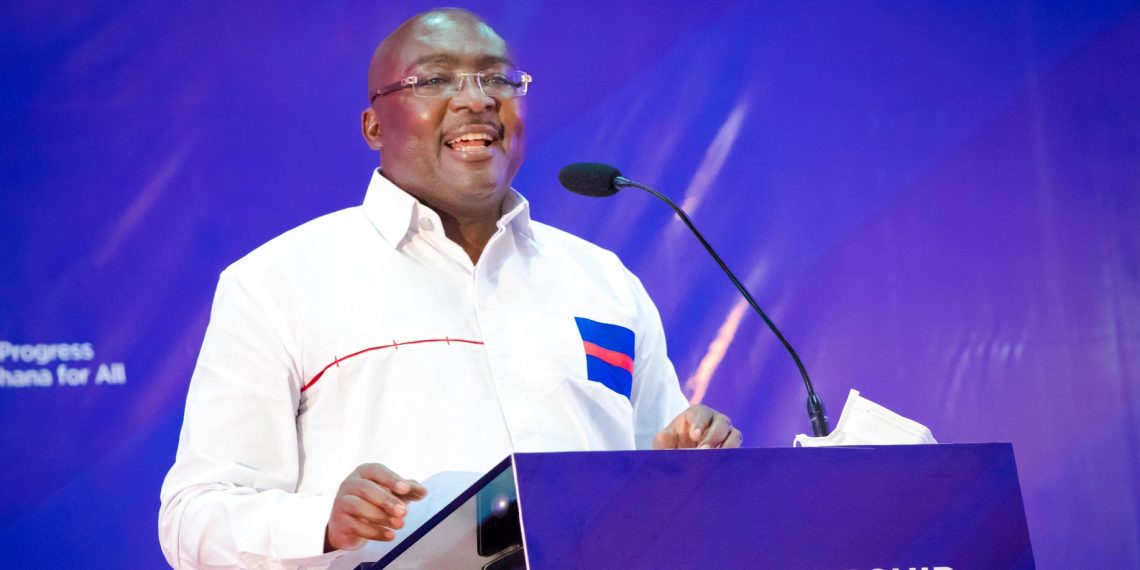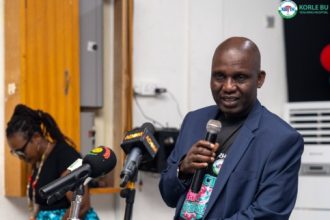The Ghana cedi is likely to strengthen against the US dollar this week due to the weakening of the dollar amid concerns of a possible recession in the USA.
Equities suffered heavy losses around the globe on August 5, as Wall Street added to a rout that started in Japan, while the dollar tumbled against the yen and other major currencies as nervous investors looked for signs of a recession in the United States.
Last week, the Ghana cedi improved against major currencies due to reduced corporate demand.
It traded at GH¢15.88 to the US dollar on the retail market.
The Bank of Ghana sold $20 million to Bulk Oil Distributing Companies(BOST) at a forward rate of GH¢15.56 per dollar, likely easing corporate demand.
As a result, the cedi strengthened by 2.37% against the pound and 1.18% against the euro, while holding steady at GH¢15.88 per dollar.
However, the cedi has still depreciated by about 23.11% against the US dollar this year and is currently trading at GH¢15.87 per dollar in the retail market.
The Government of Ghana plans to pay GH¢6.1 billion in coupons on restructured domestic bonds this month. Analysts suggest that this could increase foreign exchange demand as some foreign investors might look to repatriate their funds.
This, combined with ongoing corporate demand, could put downward pressure on the cedi and lead to further depreciation risks.
More on combating cedi decline
Economist, Professor Charles Ackah has advocated for indigenizing contracts to strengthen the cedi.
He proposes using more local contractors to keep money circulating within the local economy, as opposed to being used to purchase foreign exchange (FX) to repatriate profit.
This follows analyses citing payments to foreign contractors and Independent Power Producers (IPPs) as a major factor in the outflow of FX and the Cedi’s depreciation.
“The point, if it’s valid, is that because they’ve paid contractors and IPPs, then it means that most of the contractors and IPPs are foreign-owned and therefore change the payments into FX. If that is the case, then we have to address it on two fronts. We have to indigenise the contracts to ensure that most of them are executed by local players. Then, if you pay them, the cedi will stay in the economy,” he stated.
















